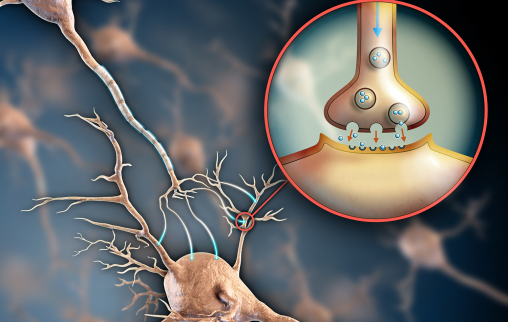My child is gambling
This information is intended for parents and/or guardians of a child with a gambling problem.
It can be quite shocking to discover that your child is gambling, but there is help. Below you can read how you can recognize problematic gambling behavior in your child and how you can get started with this.
If you recognize yourself in one or more of the following situations, your child may need help:
I have discovered that my child gambles.
My child gambles and I doubt whether this is right.
I see large amounts of money being debited from my child's account by gambling companies and/or gambling websites.
My child regularly lies about his or her gambling behaviour.
My child has a relapse.
How do I make sure my child gets help?
Is your child no longer in control of gambling? Then he or she needs help. Few children overcome a gambling addiction on their own. Therefore, help your child to seek help.
There are many types of help, from online support to intensive therapy. There is also help specifically aimed at young people. For example, many addiction care institutions have a youth department.
Help for yourself as a parent of a gambling addict is also available. For example, you can visit special information evenings.
Look here for professional help options for your child.
Look here for help options and support for yourself.
Your child's brain & gambling
Gambling is legal in the Netherlands from the age of 18. From this age you are officially an adult. But you don't have the brains of an adult yet. An eighteen-year-old can already appear very wise, but because the brain is not fully developed until the age of 25, he or she is not yet fully able to foresee the consequences of choices.
The prefrontal cortex in particular is not fully developed before the age of 25 (Nelis & van Sark, 2017). And that is exactly the part that is needed to be able to plan well and to be able to oversee the consequences of our choices. It can therefore still be difficult for a young person to oversee the possible consequences of gambling with large amounts.
7 Tips for Parents
Overview: help your child, give him or her an overview of the long-term consequences of gambling
Stay involved: Many parents think it would be wise to let it all go for fear of sounding meddling. On the contrary, it is important to find ways to stay involved and ensure that there is an open atmosphere in which your child can share what is going on inside him/her.
Offer structure and boundaries: if your child cannot yet handle (new) freedoms (such as having his own money), tighten the reins and help your child with this.
Set a time limit for using the Internet.
Block access to gambling websites. There is software for this.
Do not lend your child money to gamble.
Talk to your child about his/her gambling behaviour.
Set clear rules about gambling.
Lead by example. Also stick to the rules yourself.
Give sincere compliments for things that are going well. If things are going well, you can try to let it go after a few months.
Set a good example: If you want your child to do activities other than gambling, set a good example by having meaningful distractions/leisure activities yourself (instead of constantly sitting on your phone or drinking alcohol). Children pick up many behaviors and beliefs by mirroring what they see in their environment.
Encourage independence: Many parents confuse their teen's desire for greater independence with rebellion, disobedience, or disrespect. It is healthy for adolescents to strive for autonomy. Resist the temptation to check everything. Rather create a situation where your child feels safe to share.
Explain yourself: be clear about why you are imposing a certain rule. As children grow older, they have more and more insight into which rules are realistic and which are not. You are not allowed to gamble “because I don't want to” will no longer suffice in the long run.
Influence: it may not seem like it, but many studies prove the opposite. Help your child with what he/she is not good at now: overseeing long-term consequences. Explain that gambling has nice benefits but can have problematic consequences in the long run.
Want to know more?
Take the test together with your child and find out his or her playing behavior is.







































